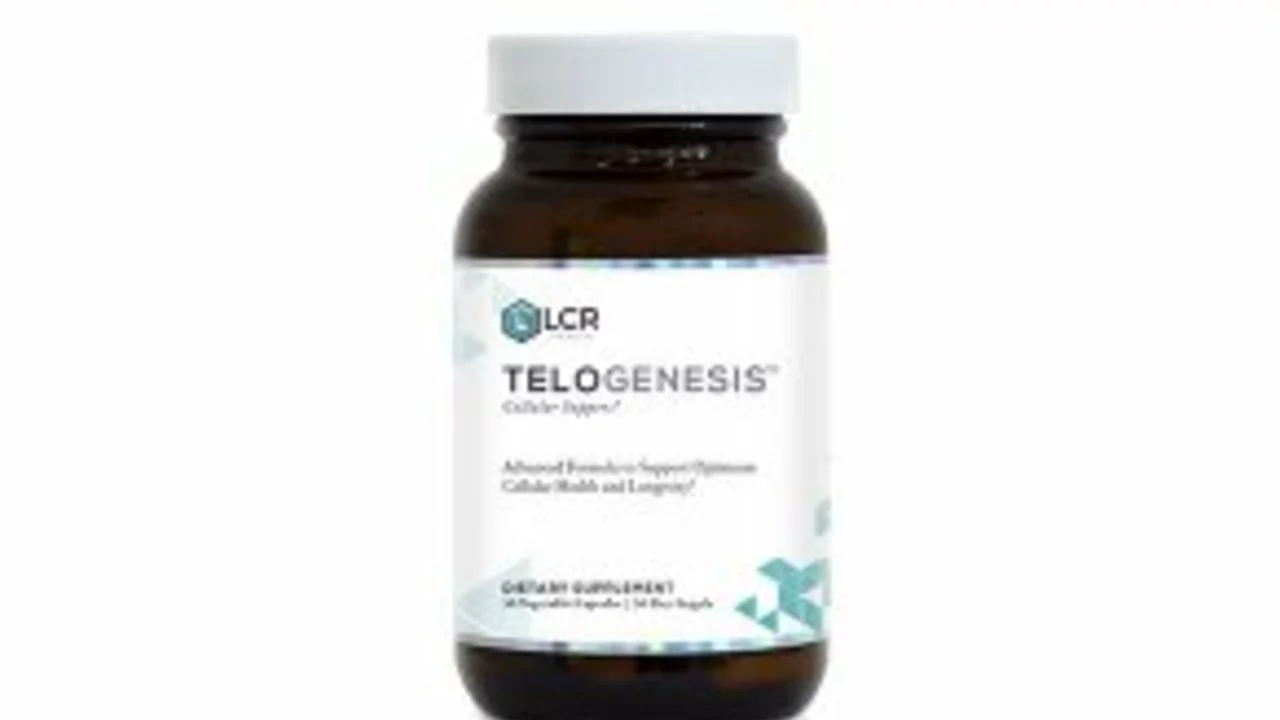Red Clover: What It Is and Why You Might Want It
If you’ve seen red clover in a tea bag or supplement bottle, you’re probably wondering what all the hype is about. Red clover is a plant that grows wild in many places and has been used for centuries as a natural remedy. The leaves and flowers contain compounds called isoflavones – plant‑based chemicals that act a bit like estrogen in our bodies. That’s why people often turn to red clover for things like menopause symptoms, bone health, or heart support.
Key Health Benefits of Red Clover
First off, many women report fewer hot flashes and night sweats when they add red clover to their routine. The isoflavones can help balance hormones without the side effects you might get from prescription hormone therapy. Secondly, some studies show that red clover may improve cholesterol numbers – it can raise “good” HDL and lower “bad” LDL a bit, which supports heart health. Third, the plant has antioxidants that protect cells from damage; this could mean better skin and slower aging, though the evidence is still early.
Red clover also shows promise for bone strength. In small trials, people taking a daily supplement had slightly higher bone density scores than those who didn’t. If you’re already worried about osteoporosis, adding red clover might give a tiny extra boost, especially when paired with calcium and vitamin D.
How to Use Red Clover Safely
The easiest way to try red clover is as a tea: steep one teaspoon of dried flowers in hot water for five minutes, then sip up to three cups a day. If you prefer pills, most brands recommend 40‑80 mg of standardized extract (containing about 20‑30 % isoflavones) once or twice daily. Start low, see how you feel, and only increase if needed.
Watch out for interactions. Red clover can affect blood thinners like warfarin, making them work stronger, so talk to your doctor before combining them. It also may interfere with thyroid medication, because the plant’s compounds can change hormone levels. Pregnant or breastfeeding women should skip red clover – there isn’t enough safety data.
Side effects are rare but can include mild stomach upset or skin rash. If you notice any unusual symptoms, stop using it and check with a health professional. As with any supplement, quality matters: choose products that have been third‑party tested for purity and contain the amount of isoflavones listed on the label.
In short, red clover can be a handy natural tool for managing menopause flare‑ups, supporting heart numbers, and possibly helping bone health. It’s cheap, easy to find, and generally safe when you follow dosage guidelines. Give it a try in tea or capsule form, keep an eye on how your body reacts, and always chat with a doctor if you’re on prescription meds. Your next step could be as simple as swapping that afternoon coffee for a calming red clover brew.

Discover the Top Health Benefits of Red Clover: A Nutrient-Rich Dietary Supplement
- Jul, 6 2023
- 8
In my latest blog post, I dive into the amazing health benefits of Red Clover, a nutrient-packed dietary supplement. I've discovered it's a natural source of many essential nutrients, including isoflavones, which are known to support women's health. It supports heart health, aids in detoxification, and even possesses anti-cancer properties. I've also found out that Red Clover can help with skin and hair health, and it may also alleviate menopause symptoms. It's a potent health booster worth incorporating into your daily regimen.
Categories
- Health and Medicine (63)
- Health and Wellness (57)
- Medicine (37)
- Women's Health (11)
- Mental Health (9)
- Men's Health (7)
- Beauty and Wellness (4)
- Health Information (4)
Archives
- February 2026 (9)
- January 2026 (25)
- December 2025 (28)
- November 2025 (25)
- October 2025 (27)
- September 2025 (14)
- August 2025 (3)
- July 2025 (2)
- June 2025 (2)
- May 2025 (3)
- April 2025 (4)
- March 2025 (4)
- online pharmacy
- medication safety
- dietary supplement
- health benefits
- dietary supplements
- generic drugs
- prevention
- fertility
- online pharmacy Australia
- side effects
- QT prolongation
- medication side effects
- diabetes medications
- GLP-1 agonists
- nocebo effect
- brand vs generic
- treatment
- treatment options
- benefits
- connection
